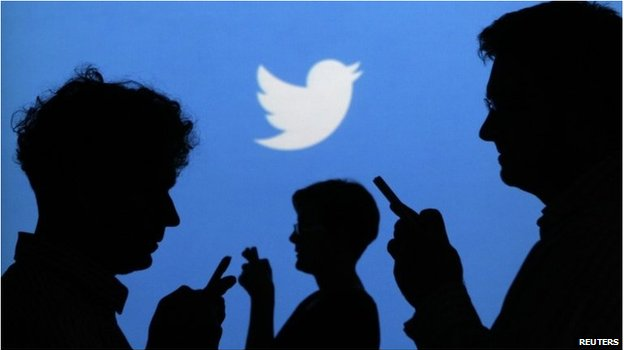Back in November 2012 we noted here that BBC journalists’ use of Twitter sometimes fails to meet BBC editorial guidelines on accuracy and impartiality.
“In this new environment in which often unverified and improperly sourced information is reaching audiences either directly from the Twitter accounts of BBC journalists or via BBC articles based on those Tweets, there is an obvious need for the BBC to invest in some serious thinking as to how its employees’ Twitter feeds can comply with its existing editorial standards of accuracy and impartiality.”
In addition to those BBC editorial guidelines on accuracy and impartiality, which are also applicable to social media, the corporation also has a guidance on the subject of microblogging and a guidance on social media.
“Those involved in editorial or production areas must take particular care to ensure that they do not undermine the integrity or impartiality of the BBC or its output on their blogs or microblogs. For example those involved in News and Current Affairs or factual programming should not advocate a particular position on high profile controversial subjects relevant to their areas.”
That might seem pretty straightforward to most of us, but apparently it was not quite as clear to some BBC employees who recently sent Tweets on the subject of last week’s UK local and European elections which displayed anything but the BBC’s much-touted impartiality.
“Jasmine Lawrence, a channel editor at BBC News, has been removed from playing any part in the corporation’s coverage of the European and local council elections after tweeting a derogatory comment about Ukip. […]
Lawrence subsequently deleted her account but the corporation has taken the incident seriously and launched an investigation.
Only last week, BBC director of news and current affairs James Harding told a social media conference organised by the BBC Academy of Journalism and the New York Times that corporation staff should not tweet anything they would not say on air – where they are bound by strict BBC guidelines on impartiality. […]
“Jasmine Lawrence was tweeting from a personal account,” said a BBC spokesman. “She has been reminded of her responsibility to uphold BBC guidelines. She has deactivated her Twitter account and will now be playing no part in the BBC’s election coverage in coming days.” “
The BBC’s Mary Hockaday – head of the newsroom – reminded staff of the existing guidelines.
“I’d also specifically draw your attention to the following section: ‘You shouldn’t state your political preferences or say anything that compromises your impartiality. Don’t sound off about things in an openly partisan way. Don’t be seduced by the informality of social media into bringing the BBC into disrepute.'”
Those various guidelines on the use of social media have existed for years now and yet despite that, as this latest incident once again shows, they remain ineffective in ensuring adherence to the BBC’s own standards.
It would of course be helpful were the BBC take its “investigation” into inappropriate use of social media beyond the field of domestic politics and for it to address some of the similar incidents which have previously (see a few examples in ‘related articles’ below) been raised here.
Related Articles:
BBC’s Gaza journalist Tweets PA propaganda story
That renowned BBC accuracy and impartiality…
BBC report on building tenders presented in one-sided political terminology
BBC’s Knell promotes political church campaign supported by BBC funder




